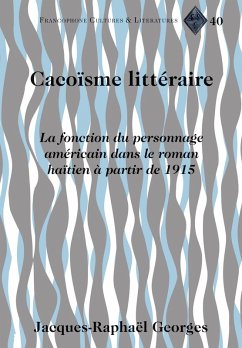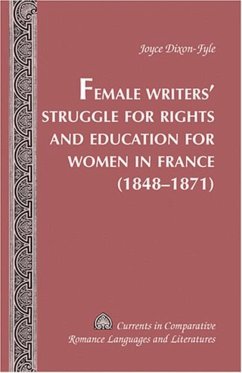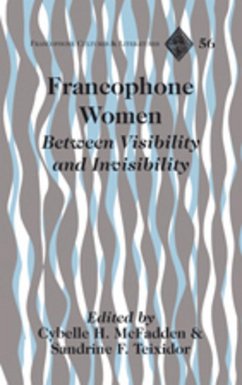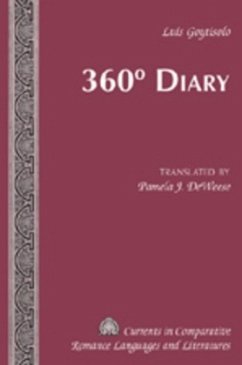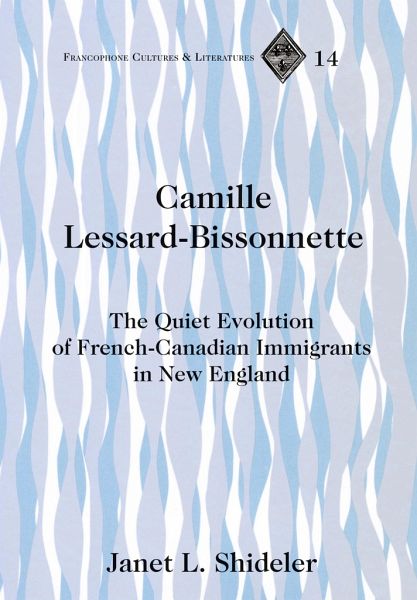
Camille Lessard-Bissonnette
The Quiet Evolution of French-Canadian Immigrants in New England
Versandkostenfrei!
Versandfertig in 6-10 Tagen
55,95 €
inkl. MwSt.

PAYBACK Punkte
0 °P sammeln!
The inclusion of the ethnic voice in the examination of what has been termed "American" literature is a significant development, but what of the voice of the ethnic woman? This study seeks to answer that question and, at the same time, shed light on the effects exercised by the act of immigration as well as on the specific fate of French-Canadian immigrants to the United States at the turn of the century.Camille Lessard-Bissonnette emerged from a society and time firmly rooted in traditionalism and nationalism, having left Quebec for Lewiston, Maine, in 1904. Two years later, the schoolteacher...
The inclusion of the ethnic voice in the examination of what has been termed "American" literature is a significant development, but what of the voice of the ethnic woman? This study seeks to answer that question and, at the same time, shed light on the effects exercised by the act of immigration as well as on the specific fate of French-Canadian immigrants to the United States at the turn of the century.
Camille Lessard-Bissonnette emerged from a society and time firmly rooted in traditionalism and nationalism, having left Quebec for Lewiston, Maine, in 1904. Two years later, the schoolteacher-turned-millworker-turned-journalist would begin to boldly articulate her views on a variety of topics such as the suffrage movement, racism, and national allegiance. In 1936, Lessard-Bissonnette, the novelist, would do much to explode cherished myths about French-Canadian society.
Camille Lessard-Bissonnette emerged from a society and time firmly rooted in traditionalism and nationalism, having left Quebec for Lewiston, Maine, in 1904. Two years later, the schoolteacher-turned-millworker-turned-journalist would begin to boldly articulate her views on a variety of topics such as the suffrage movement, racism, and national allegiance. In 1936, Lessard-Bissonnette, the novelist, would do much to explode cherished myths about French-Canadian society.








